
Urban Health Challenges and Solutions: The Role of Nature
Setup
Nature does not limit its influence only to rural populations. In cities around the world, dense living conditions, lack of green spaces, substandard housing, and poor sanitation allow rats and insects to proliferate and pollution to degrade health. But if certain urban characteristics help spread disease, others can curb it, including strategically placed trees, adaptable health systems, and a public health infrastructure that puts equity at its core.
Speakers
-
 Kathy CorradiDirector of Rodent Mitigation for the Office of the Mayor in New York...
Kathy CorradiDirector of Rodent Mitigation for the Office of the Mayor in New York... -
 Vin GuptaMedical Analyst at NBC News and MSNBC
Vin GuptaMedical Analyst at NBC News and MSNBC -
 Aruni BhatnagarChief of the Division of Environmental Medicine at the University of L...
Aruni BhatnagarChief of the Division of Environmental Medicine at the University of L... -
 Samuel RamseyAssistant Professor of Entomology, University of Colorado Boulder
Samuel RamseyAssistant Professor of Entomology, University of Colorado Boulder
- 2024 Health
- Health
- Science
- Environment
Explore More
Health

As we wrap-up another year of elevating big ideas at Aspen Ideas: Health, we're excited to share the 15 most-watched sessions from the event. These conversations with inspirin...


Each year brings more destructive natural disasters and growing evidence of the challenging future we face if we don’t address climate change. But the biggest cause of climate...

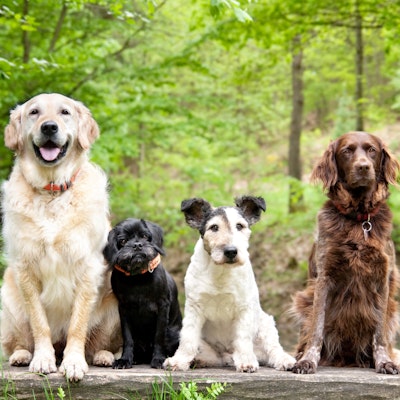
Research on aging and extending life and healthspan has ventured beyond humans to our best animal friends – dogs. In less than a year, dog owners may be able to buy a drug tha...
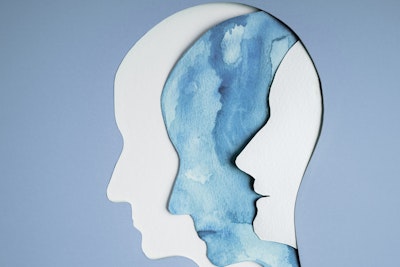
In America, millions of people struggle with mental health including depression, anxiety, and more — all further exacerbated by living through a pandemic. The National Allianc...

Our attitudes, habits, pleasures, and responsibilities shift across the generations, influencing the health challenges we face and how we respond to them. Expectations about h...


If we do absolutely nothing to mitigate climate change, scientists estimate the toll could be $38 trillion a year in damages. Industrialized countries like the United States,...

The United States spends $4.3 trillion—almost one fifth of the nation’s GDP—on health care. As the scale of the medical enterprise expands, venture capitalists are pursuing th...

Today's kids are coming of age against a backdrop of political, social, technological and economic upheaval. While these circumstances are shaping a precocious generation that...

Advocates, healthcare providers, legislators, researchers, and venture capitalists are bringing the unique health needs of women to light – from vigorous policy debates on iss...

From the debate over reproductive rights to the epidemic of gun violence to the youth mental health crisis, this year's Aspen Ideas: Health sessions tackled many of today's mo...
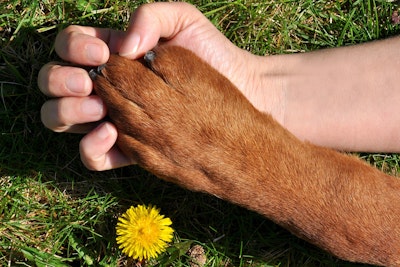
The recognition that all things are connected is at once a scientific principle and a philosophical touchstone. Humans, animals, and the environment are intertwined in complex...

A couple of degrees makes a world of difference — megafires, rising seas, failing infrastructure, and food systems require our immediate attention. Demands on dwindling natura...
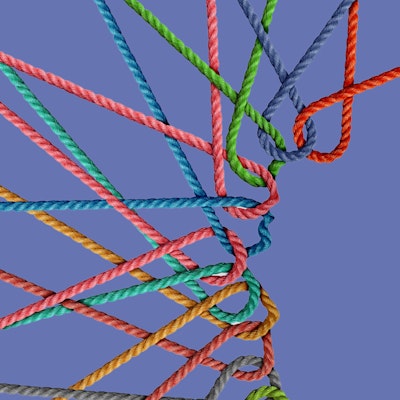
Our need for human connection is profound and deep. Yet, today, one in two adults are living with measurable levels of loneliness – and the numbers are even higher among young...

Women are crucial to the climate movement, but their voices are often underrepresented and their work goes under-supported. Meet just a few of the women from this year’s Aspen...

For as long as humans have looked at the skies, we’ve speculated about whether there is life in space. Scientists, the U.S. military and the CIA have all searched for proof of...
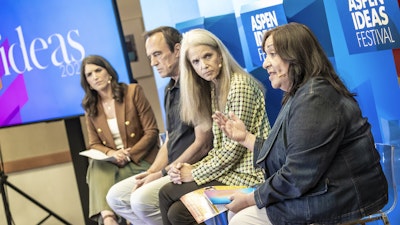
Heat is now the top weather-related cause of death in the U.S., killing more people than hurricanes, floods and tornadoes combined. An environmental journalist and two city ch...

Every transition comes with tradeoffs, and even clean energy carries negative consequences. As they mine for critical minerals or build solar arrays on sensitive land, clean e...

It sounds like sci-fi: Scientists are beaming solar energy from space, subbing seaweed for plastic and brightening clouds to reflect sunlight to lower temperatures in a warmin...

Artificial intelligence is revolutionizing health care by improving patient navigation, telehealth and the speed of drug development. From enhancing patient and provider exper...

*No food or service animals allowed in this session.* The creator of Fat Bear Week in Alaska gives insight on the importance of wildlife education, and then ecologists unpack...








